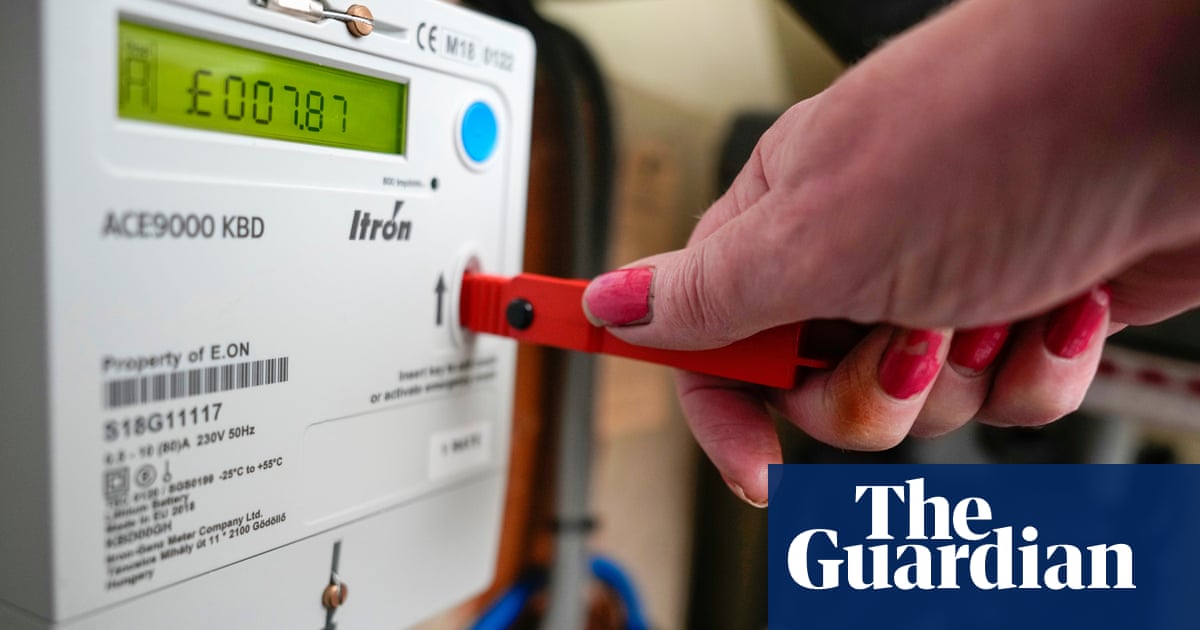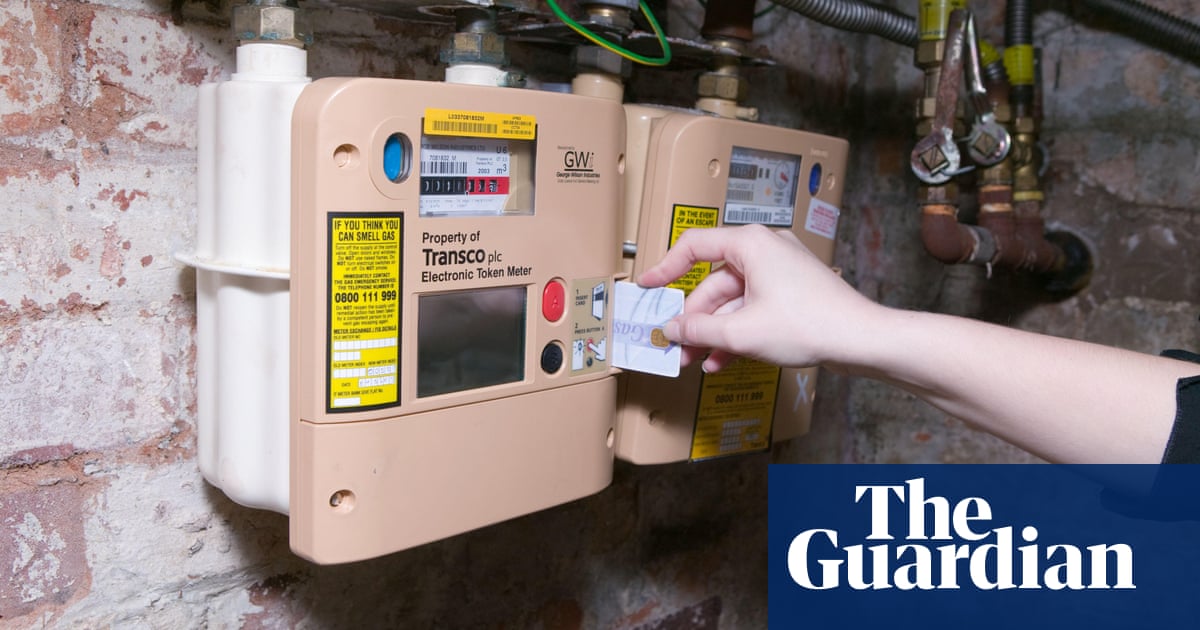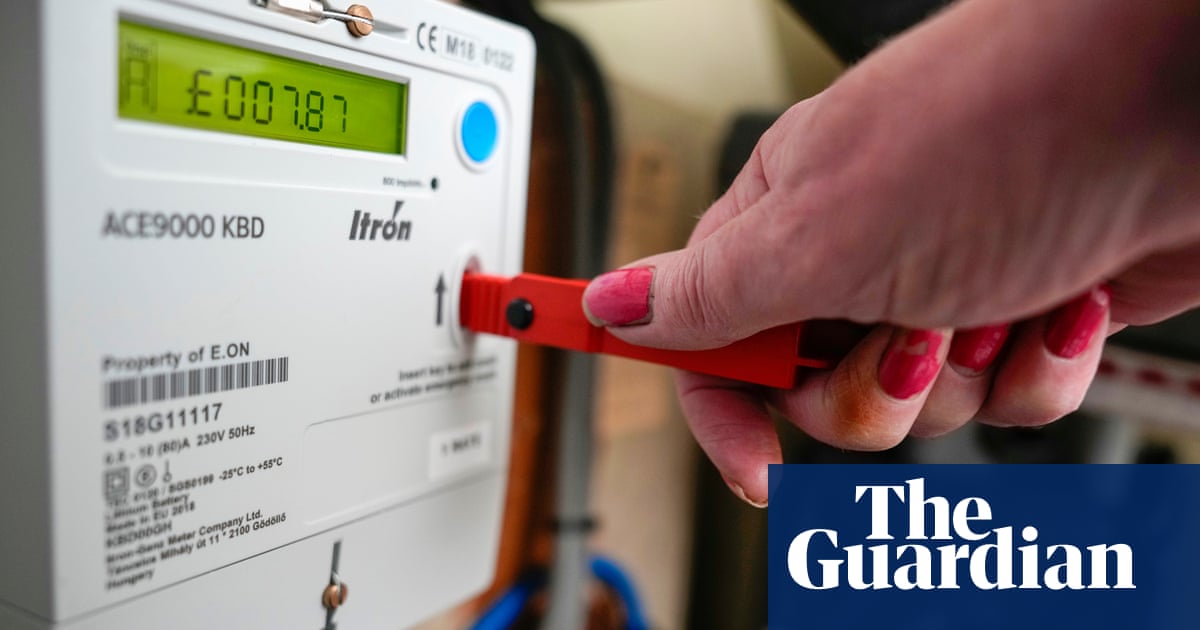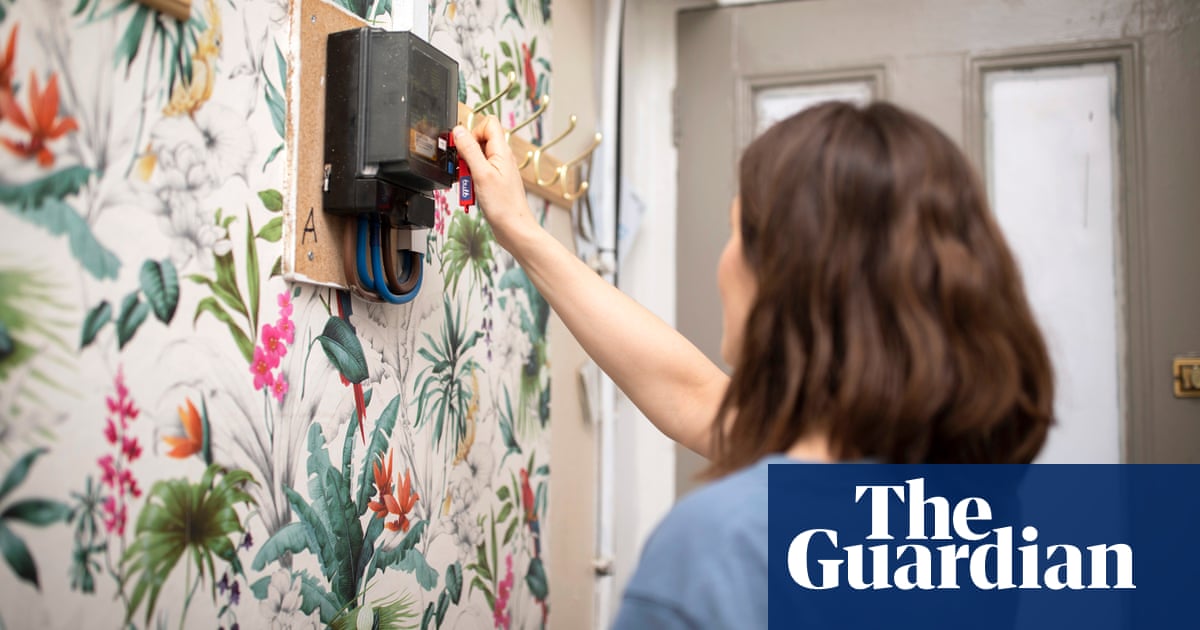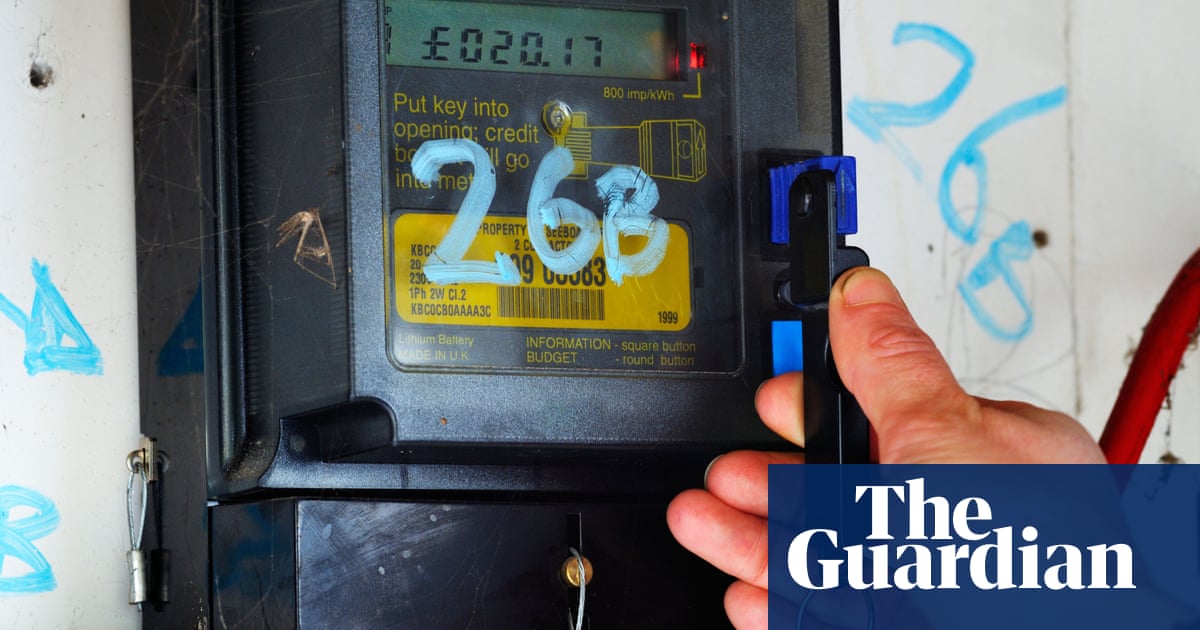
A trio of energy companies have been given permission to begin force-fitting prepayment meters in customers’ homes again if they adhere to strict new rules, ending a near year-long moratorium on the practice.
EDF, Octopus and Scottish Power have been given the green light by the energy watchdog, Ofgem, to install prepayment meters under warrant, ending an industry-wide ban which was enforced amid an outcry over the impact on vulnerable customers.
The three suppliers will have to meet a series of requirements before forcibly installing the meters, including making 10 attempts to contact a customer and providing £30 of credit.
Firms have been told to “refrain” from installing the meters in the homes of vulnerable groups, including households with children under two and those who rely on continued power supply for medical equipment.
All energy suppliers in Great Britain were prevented from forcibly installing the meters into customers’ homes to recover debt after Ofgem belatedly stepped in to halt the practice last February after repeated warnings from campaign groups and MPs, and only after the Times reported that debt agents working for British Gas ignored signs of vulnerability to fit the meters.
The Guardian revealed in April that energy suppliers had voluntarily agreed to stop installing the meters in the homes of customers over 85 without consent and would also make representatives wear body cameras once the ban was lifted. This was later made mandatory in their licence conditions – with the age minimum reduced to over-75 – and will continue to apply.
The remaining energy suppliers remain banned. Ofgem has yet to publish a separate report into the conduct of British Gas, owned by Centrica.
The Ofgem director general for markets, Tim Jarvis, said it had “made clear that suppliers must exhaust all other options before considering forced installation of a prepayment meter, and consumers can help themselves by reaching out to their supplier as soon as possible if they think they won’t be able to pay their bill, so payment options can be discussed”.
Jarvis added: “While nobody wants to see the practices uncovered last year repeated, we also know that allowing households to build up unsustainable amounts of debt isn’t the right thing to do either.”
However, Simon Francis, the coordinator of the End Fuel Poverty Coalition, said it was “outrageous that energy firms are seeking to use the courts to force people on to prepayment meters in the middle of winter. We still have grave concerns about the processes energy firms have in place for assessing vulnerabilities.”
The cost of living crisis has put added pressure on to household bills, while energy suppliers’ balance sheets were squeezed by the rise in wholesale gas prices, which began in 2021. The mass approval of warrants to install the meters in UK courts has also come under scrutiny.
Scottish Power said: “While we have met Ofgem’s strict criteria and been authorised to restart involuntary prepayment meter installations, where appropriate, this is always a last resort. Our focus will continue to be on supporting our customers to manage their debt and avoid the need for such action.”
EDF said: “It is important to restart, under strict supervision from the regulator, processes that help individual customers get out of debt and protect all customers from additional charges.”
Octopus said it has “no plans” to restart involuntary installations.




